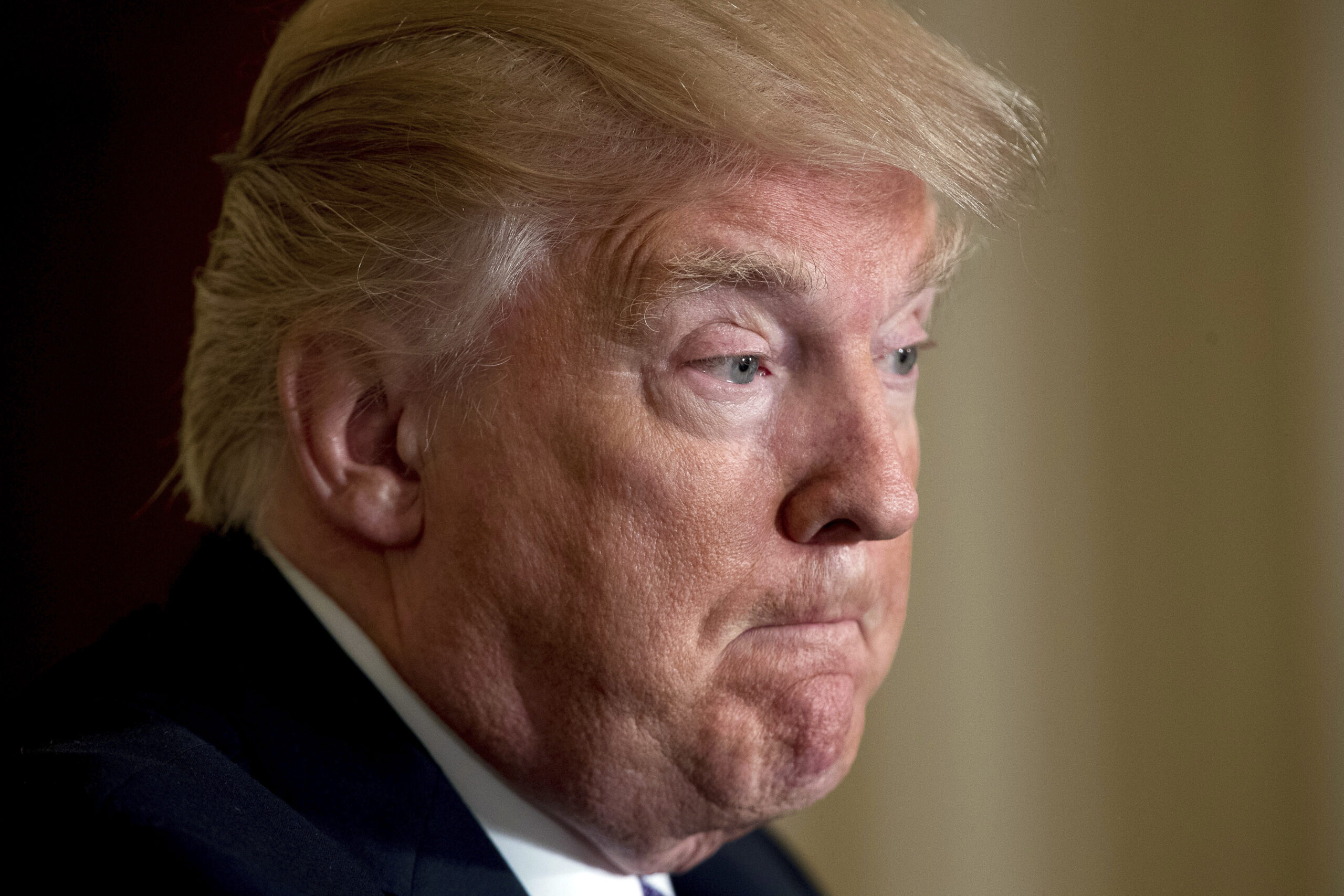If Donald Trump’s recent tweets about the recent congressional races in Kansas and Georgia are any indication, the president seems to believe that Republicans are on a roll.
Despite major outside money, FAKE media support and eleven Republican candidates, BIG "R" win with runoff in Georgia. Glad to be of help!
— Donald J. Trump (@realDonaldTrump) April 19, 2017
Dems failed in Kansas and are now failing in Georgia. Great job Karen Handel! It is now Hollywood vs. Georgia on June 20th.
— Donald J. Trump (@realDonaldTrump) April 19, 2017
White House press secretary Sean Spicer echoed those thoughts during a press conference on Wednesday, arguing that Democrat had been “clear going into this election, they said their goal was to get over 50 percent. They came up short. I think this was a big loss for them. The bottom line is they went all-in on it. They said that they — their goal was to get over 50 percent. They came up short.”
Unfortunately for both Trump and Spicer, the smart analysis doesn’t back up his confidence.
Although local factors like the unpopularity of Kansas Gov. Sam Brownback may partially explain why Democratic candidate James Thompson came much closer than expected to defeating Republican candidate Ron Estes, it doesn’t fully explain just how close that race wound up being, according to an analysis by Harry Enten of FiveThirtyEight. As Enten points out, Estes performed 22 pounds worse than he would have in a neutral national environment, in contrast to how the average Kansas House candidate did not underperform in 2016 based on national conditions.
“Estes’s underperformance in Kansas 4 should worry Republicans because special elections as a group have done a decent job of predicting midterm results over the past few cycles,” Enten writes.
A similar story can be told about the Georgia congressional race, in which Democratic candidate Jon Ossoff fell short of the 50 percent margin necessary to avoid a runoff election in June — one that his newly-minted Republican opponent, Karen Handel, is expected to win handily.
Trump only won Ossoff’s congressional district by a single percentage point in 2016, whereas Romney won it by 23 percentage points in 2012. As Frank Bruni of The New York Times Ossoff’s strong performance (he came just shy of the 50 percent mark) indicates that Democrats are energized to punish Republicans in the 2018 midterm elections and Trump in general.
Enten had similar observations about the Georgia race, noting that early polls suggest a runoff between Ossoff and Handel could be very close and pointing out that “the result is consistent with a pro-Democratic national environment.”
Still, Bruni noted, both election night results have been more of “a very loud maybe: a question mark in a situation where many partisans and prognosticators itched for an exclamation point.”


